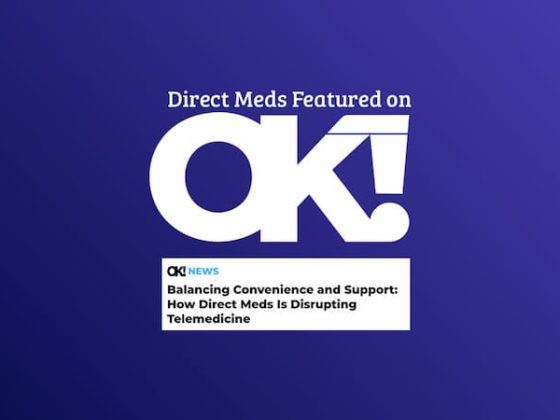Are Weight Loss Meds Better Than Gastric Bypass?
I had a friend who had weight loss surgery. Because it wasn’t covered by her insurance, she spent spend $10,000 and flew to a totally different state in order to get affordable surgery. She was desperate! She had spent a lifetime trying to lose weight. But nothing seemed to work. Then, gastric bypass came and she thought it was a miracle. Little did she know, that was only the beginning. She had complications, and those complications led to staggering medical debt. Even though she almost died, her insurance still would not cover what they considered to be “complications of a cosmetic surgery.” And, to top it all off, she gained all the weight back, plus more.
It’s more common than you think. People get bypass surgery. Things go amazing. for a year, maybe two – they lose a massive amount of weight. Then a few years down the road, they gain it all back. Not to mention that up to 50% experience some kind of complication from surgery or the followups. No one thinks it will happen to them. The fact is, complications and bounce-back weight gain are two very significant cons of weight loss surgery. (Not to mention the staggering cost). You spend thousands and thousands of dollars only to gain it all back? I’m not sure if gastric bypass is the miracle cure it claims to be.
In case you’re wondering… that friend of mine. She’s now on weight loss medications. Lost weight naturally overtime, has kept it off, and is officially her goal weight for the first time ever!
Weight Loss Medications: A Modern Approach
Medications like GLP-1 receptor agonists (e.g., Ozempic, Wegovy) have gained popularity in recent years due to their ability to help regulate appetite and glucose levels. These medications, typically prescribed for individuals with a BMI of 30 or higher (or 27 with related health issues), are non-invasive and require minimal lifestyle disruption.
Pros:
- Non-surgical: No need for invasive procedures.
- Convenient: Often taken as a pill or injection.
- No recovery time: You can continue your routine without significant interruption.
Cons:
- Gradual results: Weight loss may be slower compared to surgical options.
- Side effects: Some people experience nausea, diarrhea, or other side effects.
- Requires commitment: Long-term adherence to medication and lifestyle changes is essential for sustained results.
Gastric Bypass Surgery: A Surgical Solution
Gastric bypass is a type of bariatric surgery that physically alters the digestive system to limit food intake and nutrient absorption. It is typically recommended for individuals with severe obesity (BMI of 40 or higher, or 35 with health issues) who haven’t had success with diet, exercise, or medication.
Pros:
- Dramatic results: Rapid weight loss often occurs within months.
- Improvement in health conditions: Can lead to remission of type 2 diabetes and improved cardiovascular health.
Cons:
- Invasive: Surgery comes with risks such as infection, blood clots, and complications from anesthesia.
- Long recovery: It requires time off work and physical restrictions during recovery.
- Permanent changes: The surgery is irreversible, and patients must follow a strict diet and lifestyle plan.
- Bounce back Weight Gain, Potential Complications
Which Option Is Better?
The answer depends on individual needs and health conditions. Weight loss medications may be preferable for those looking for a non-invasive solution with moderate weight loss, while gastric bypass offers faster, more substantial results for individuals with severe obesity. Both options require commitment to long-term lifestyle changes for optimal results.
Before making a decision, it’s crucial to consult with a healthcare provider who can evaluate your specific circumstances and recommend the best path forward.
The information provided in this post is for educational purposes only and is not intended as medical advice. Always consult with a healthcare professional before making decisions related to your health, including weight loss medications or surgery. Individual results may vary, and any treatment should be guided by a qualified medical provider.








